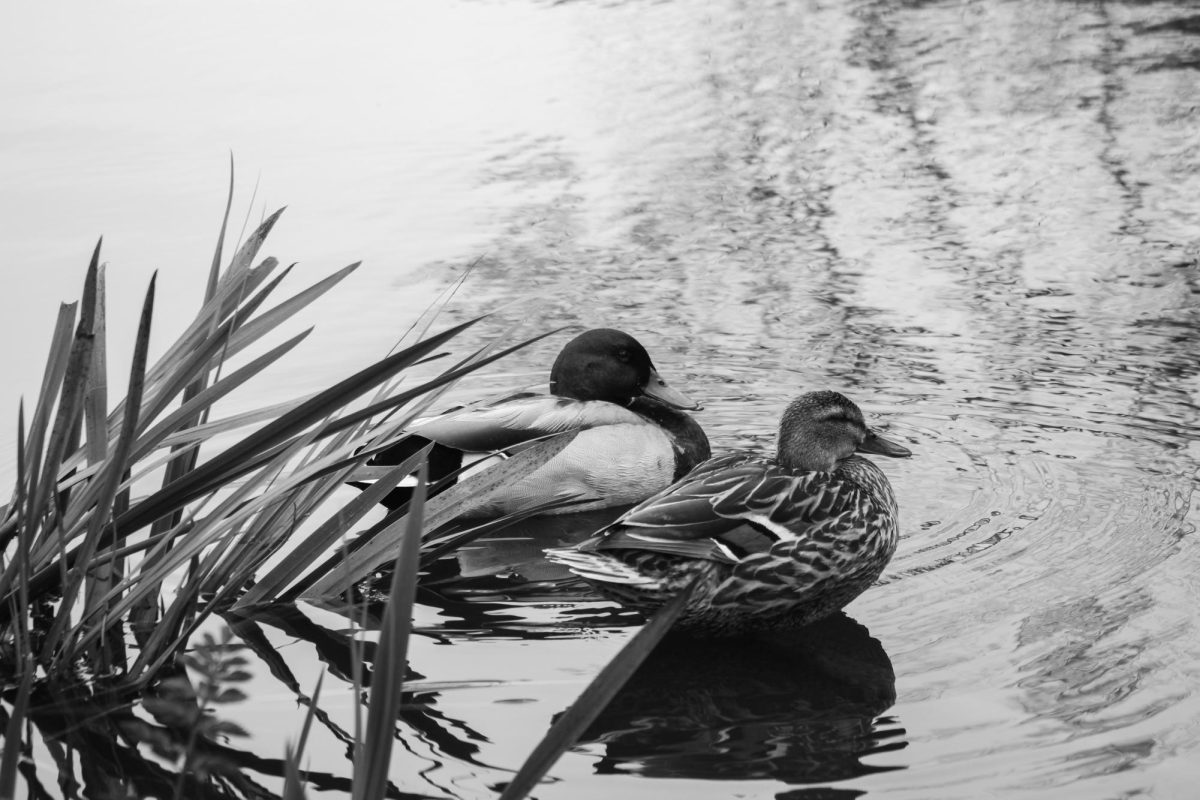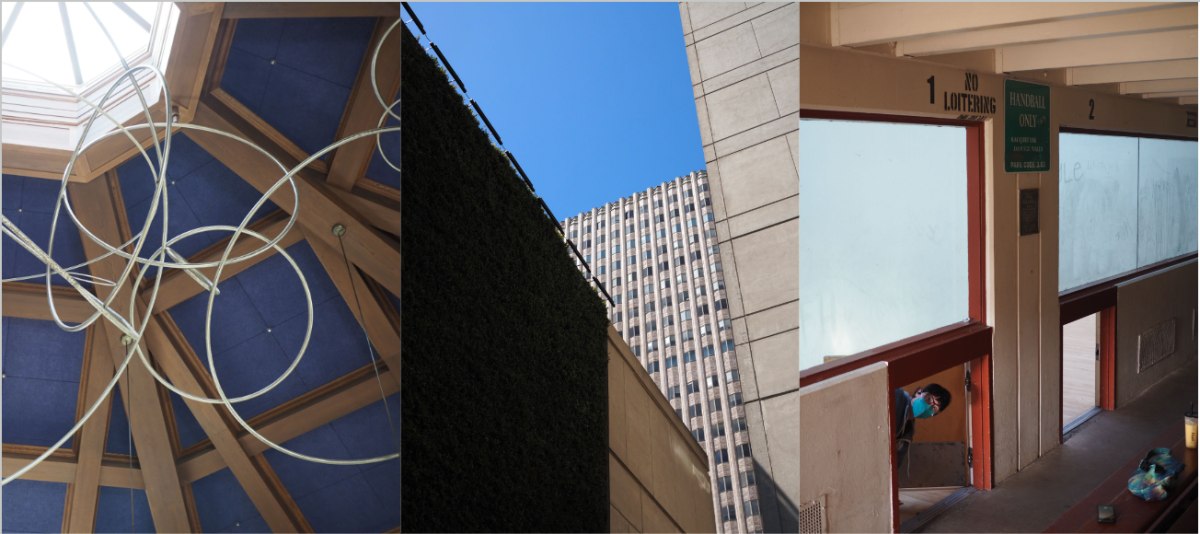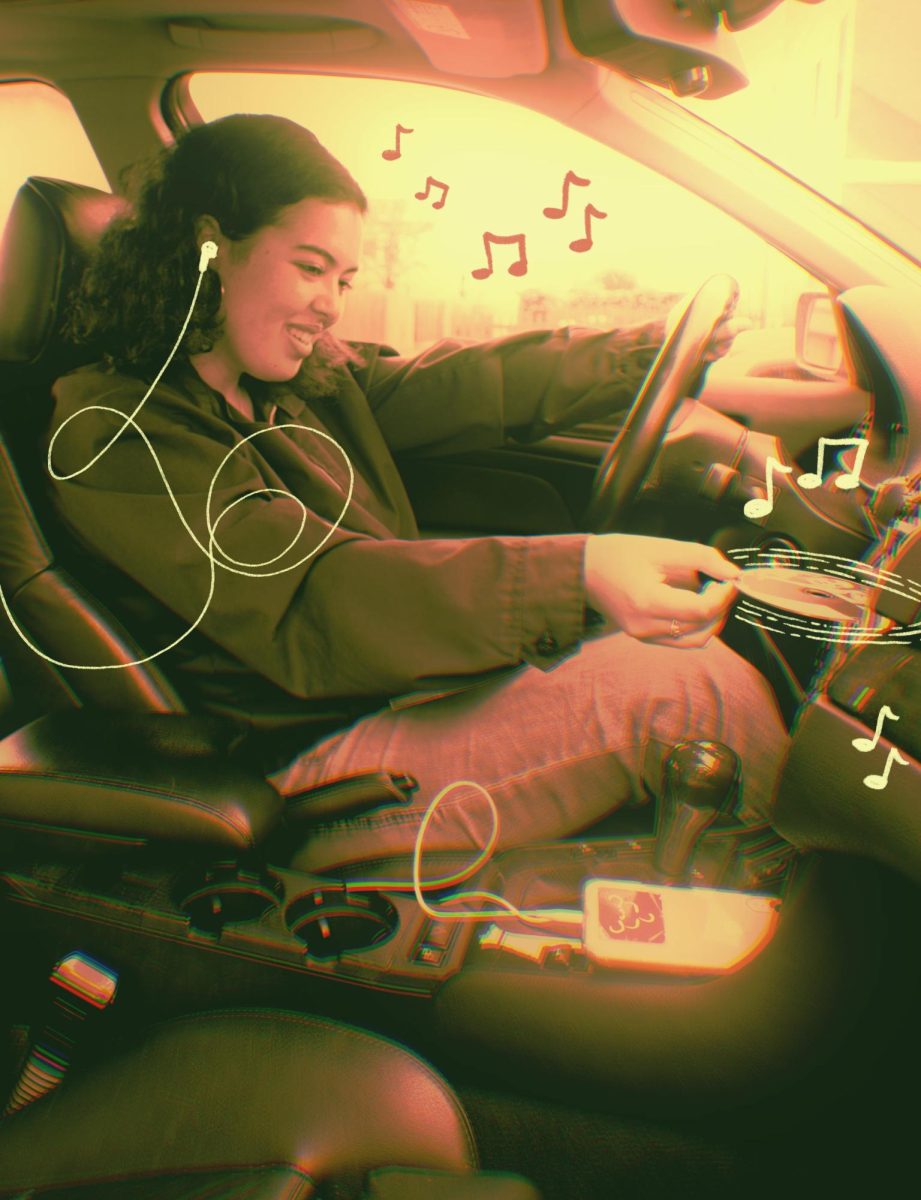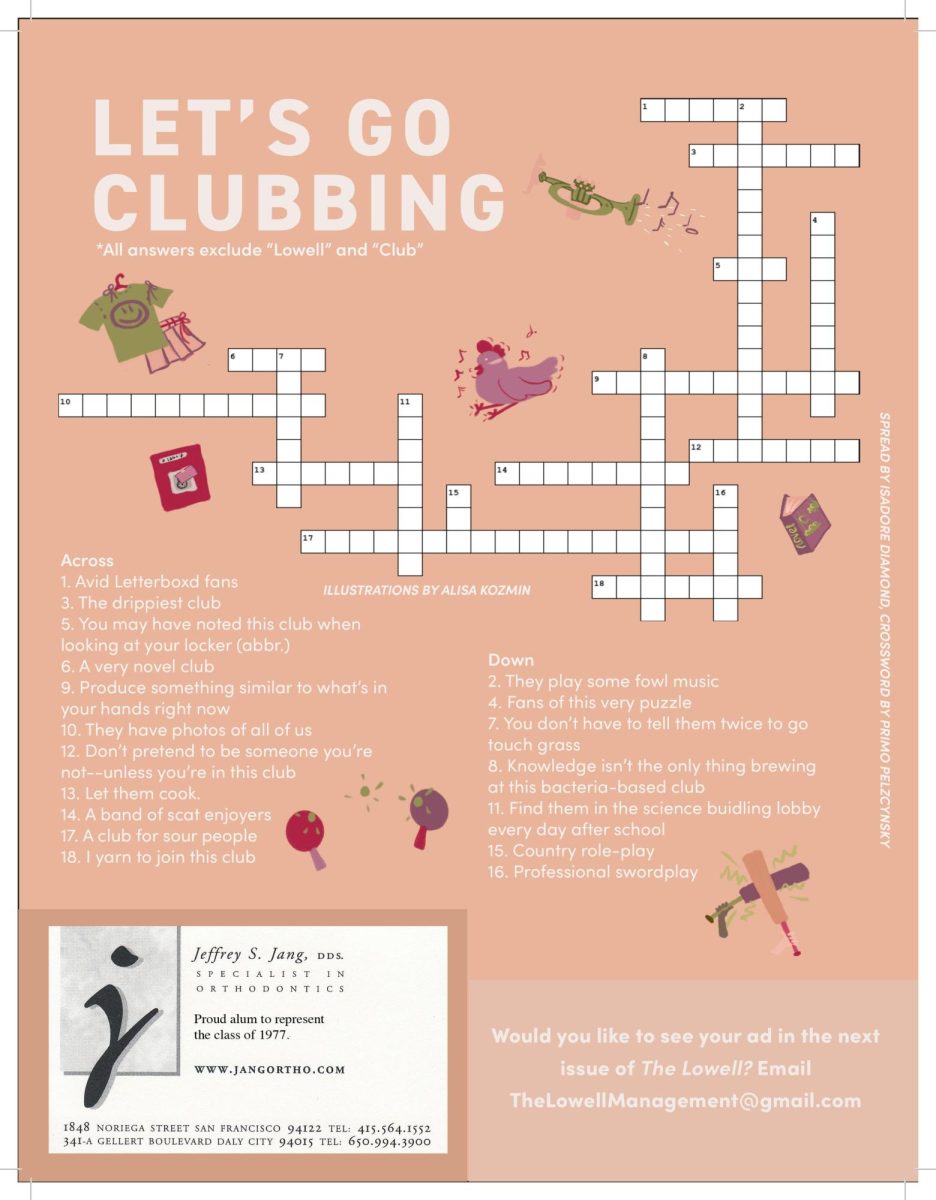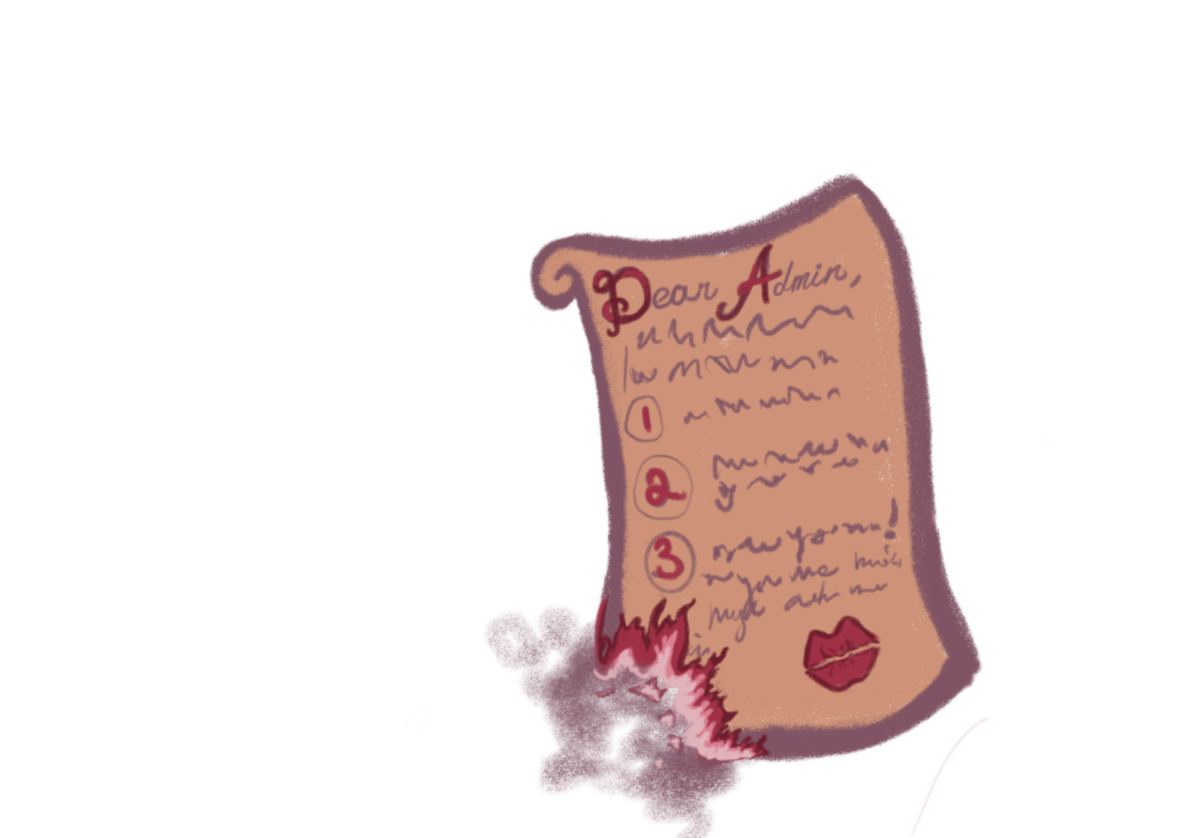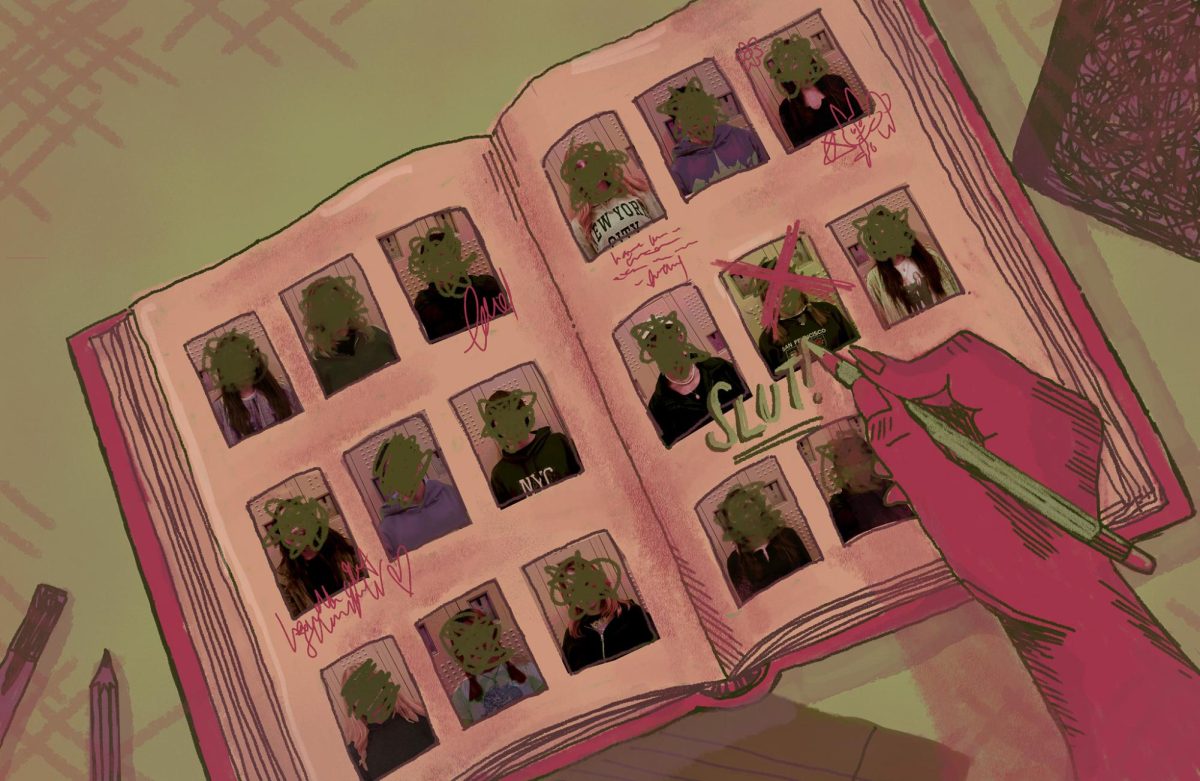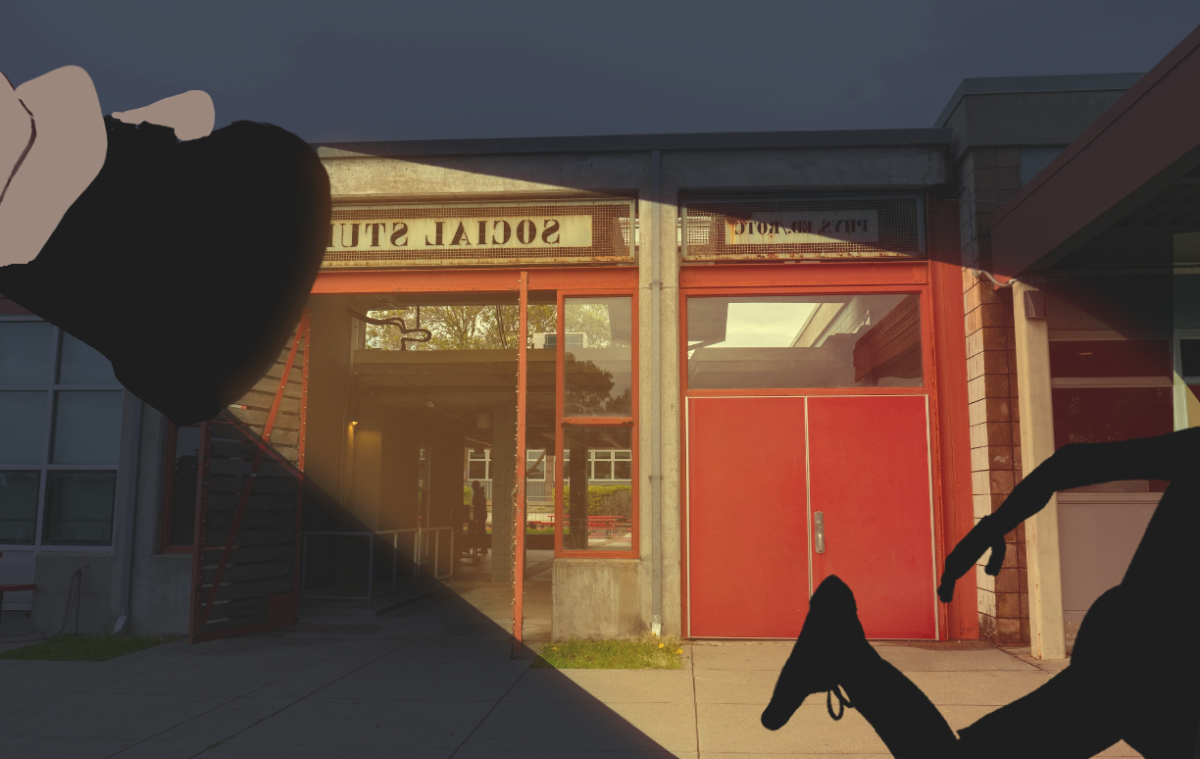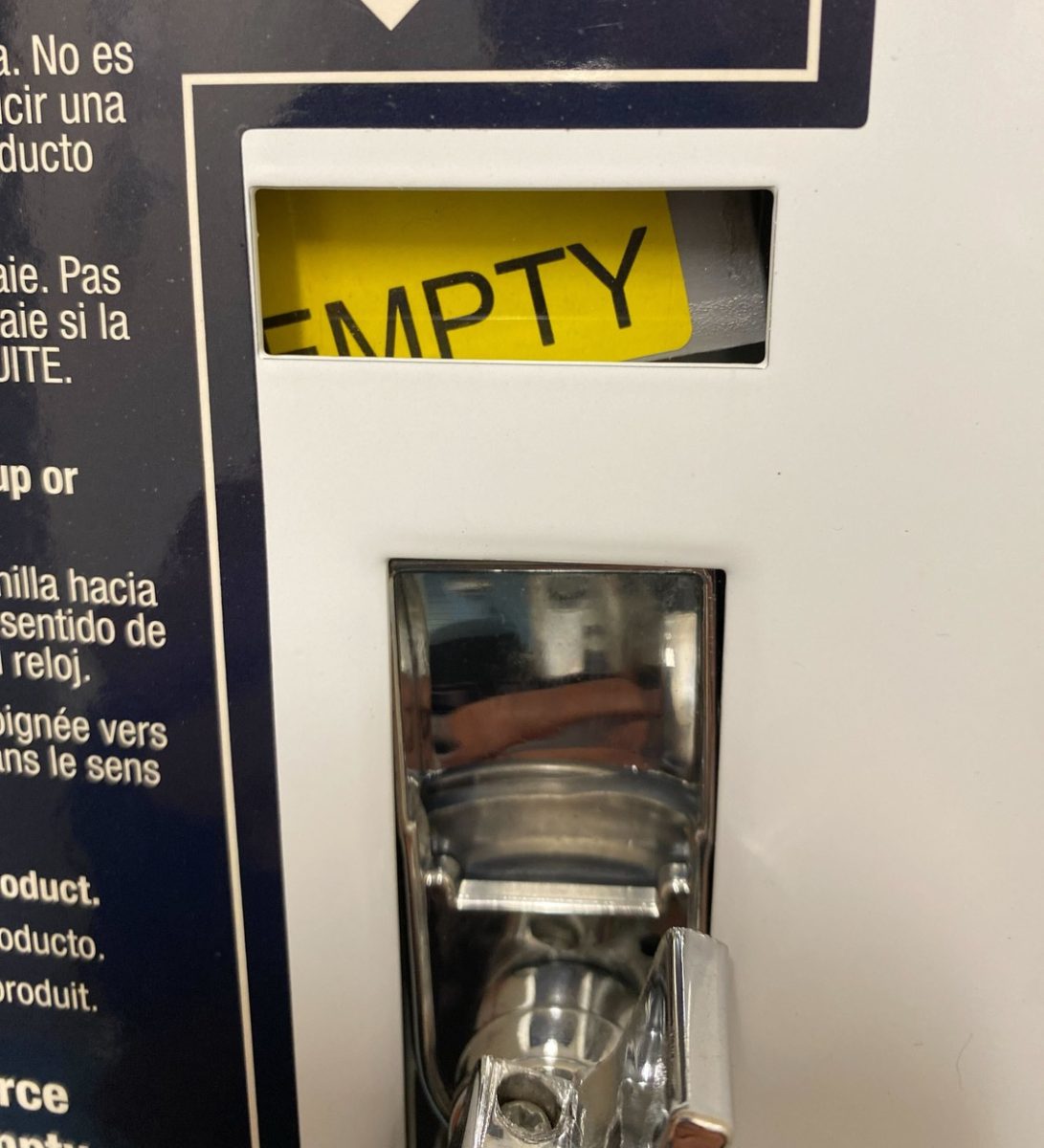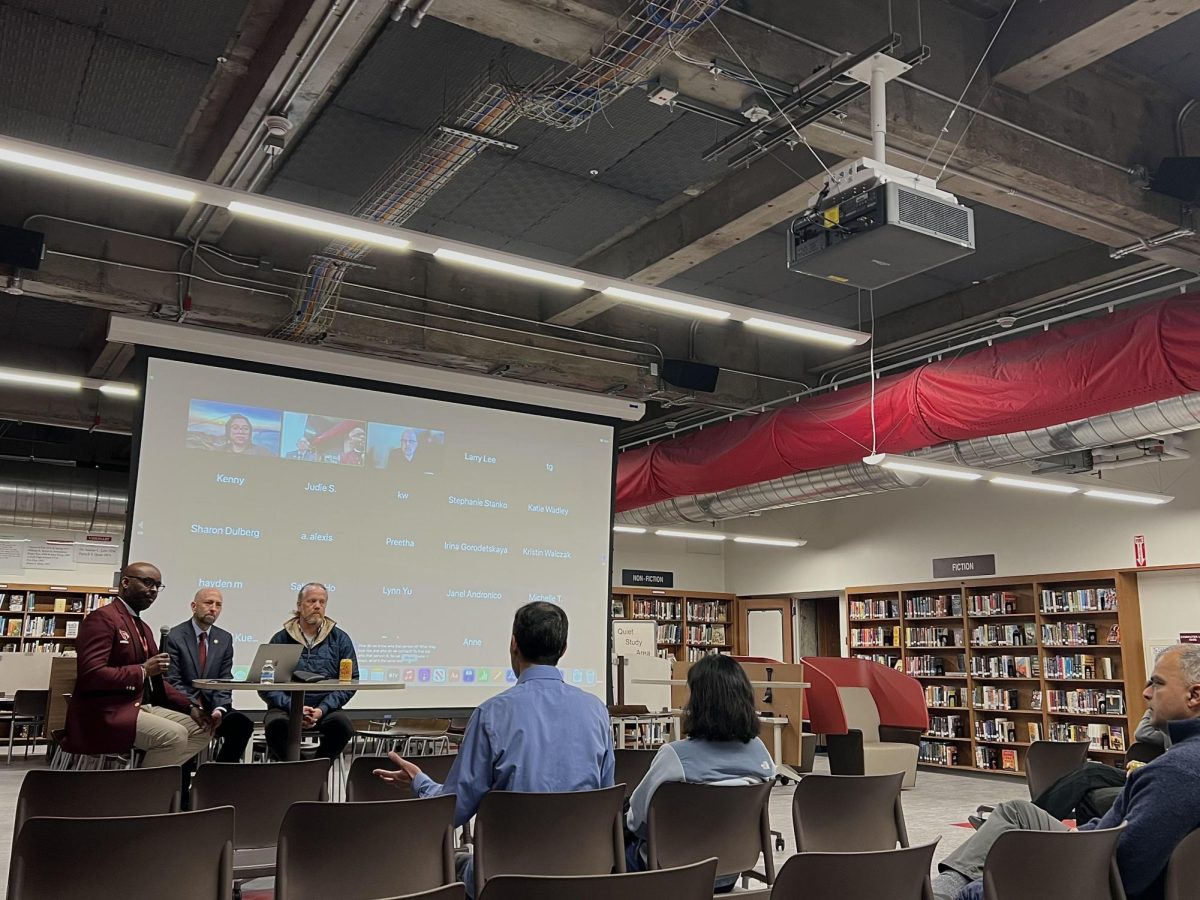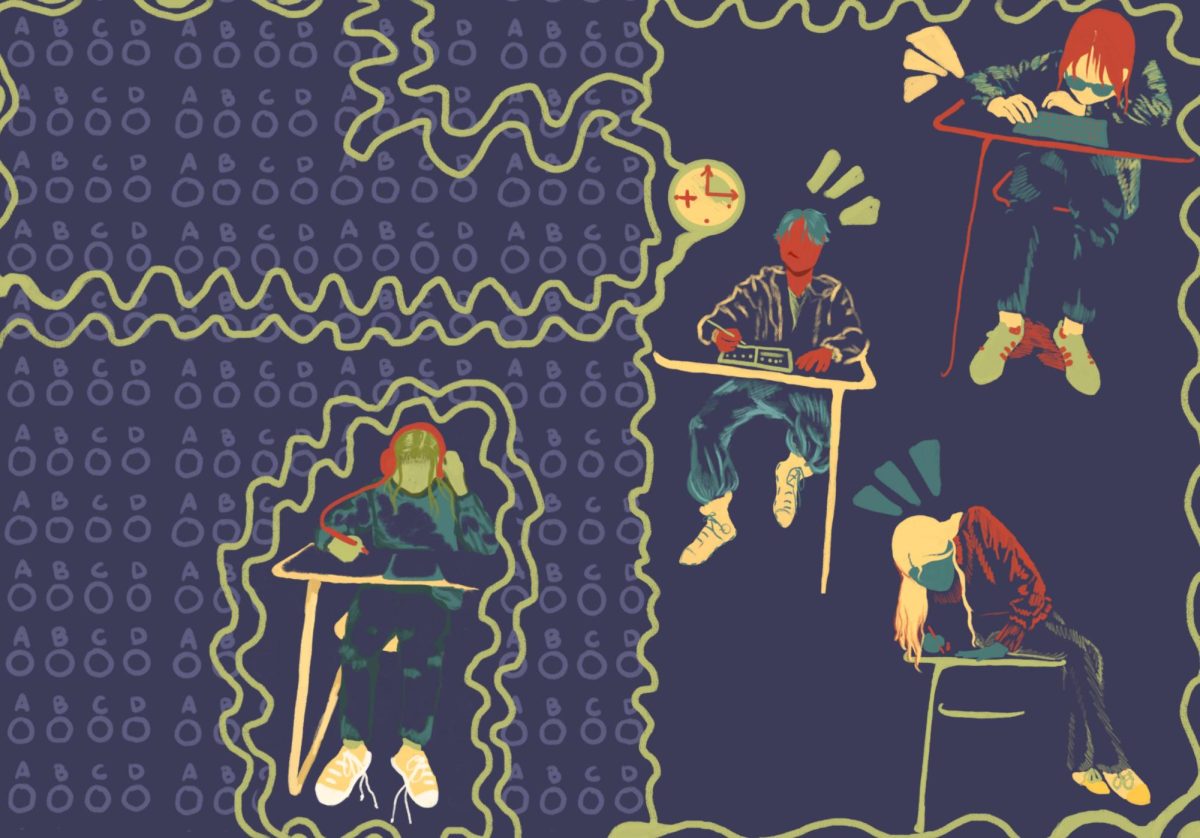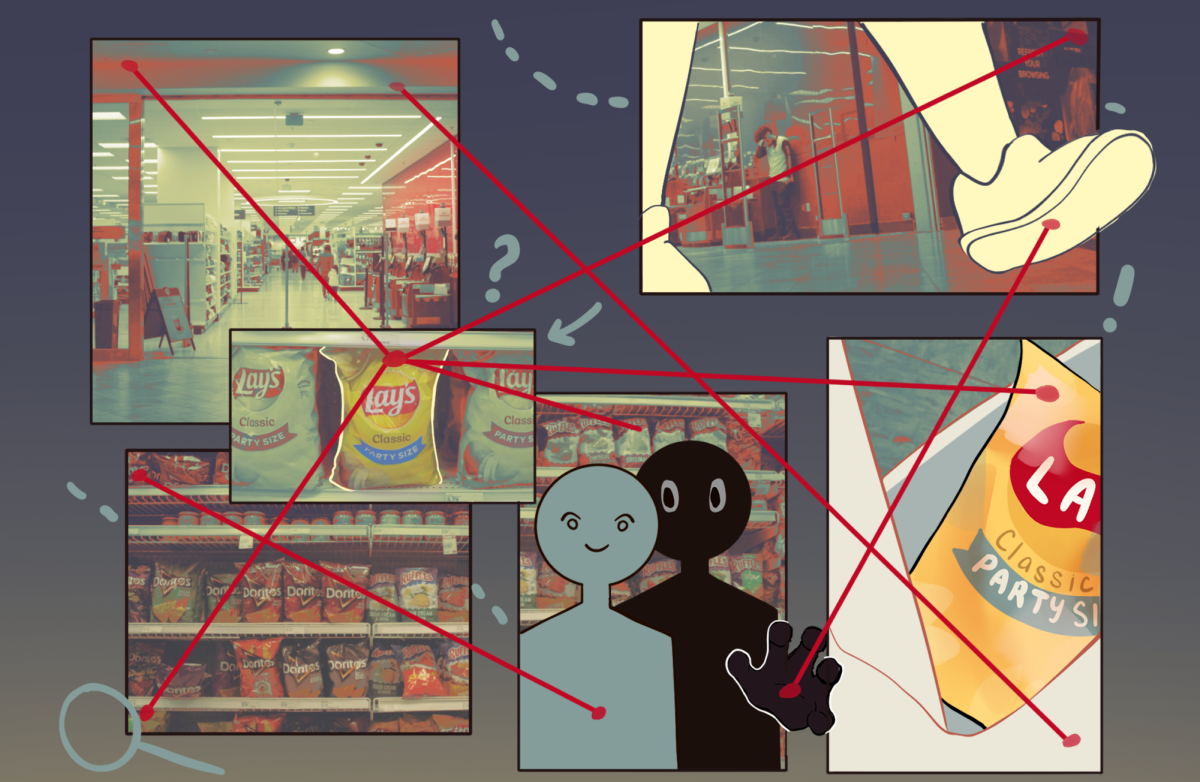Originally published on May 20, 2016
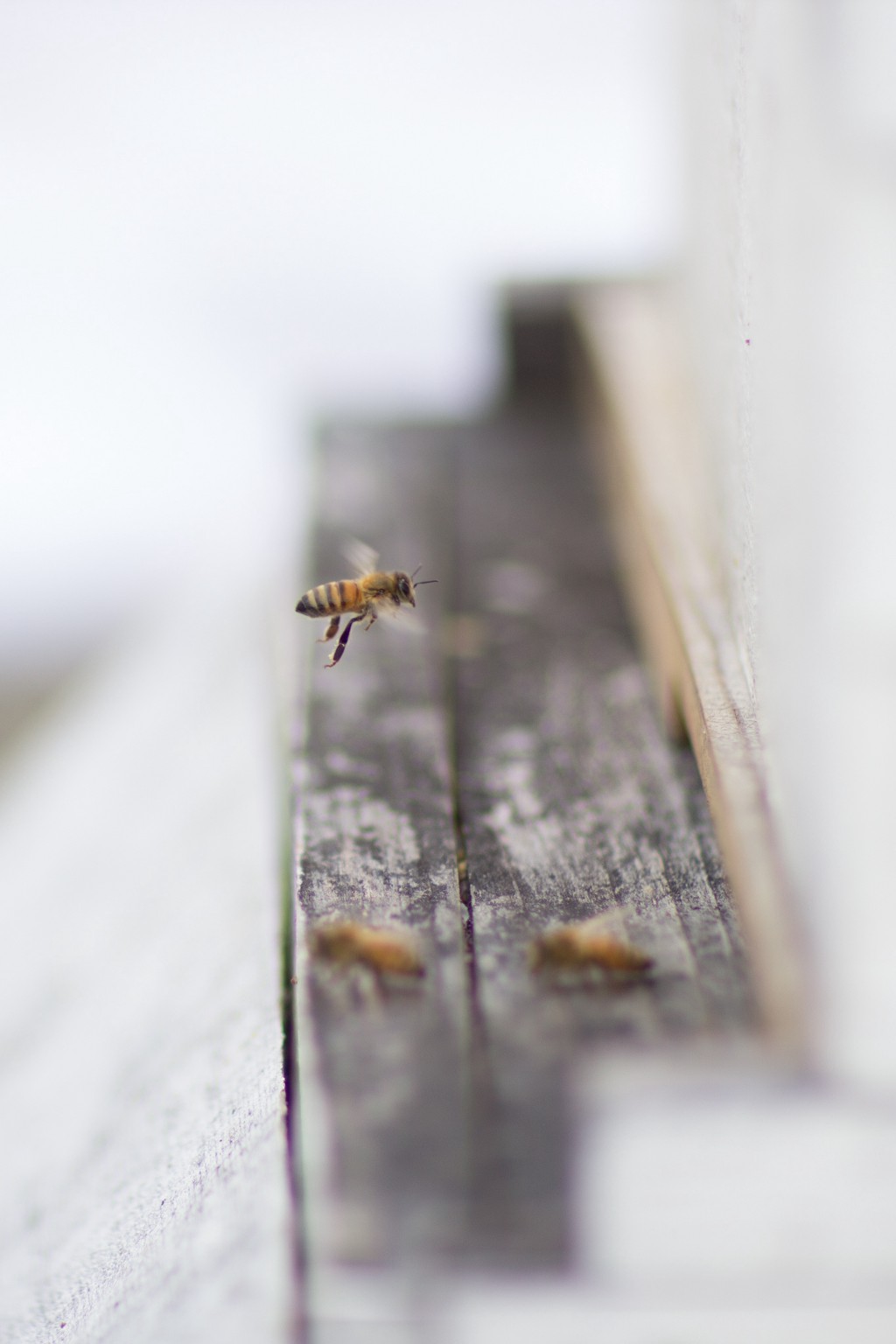
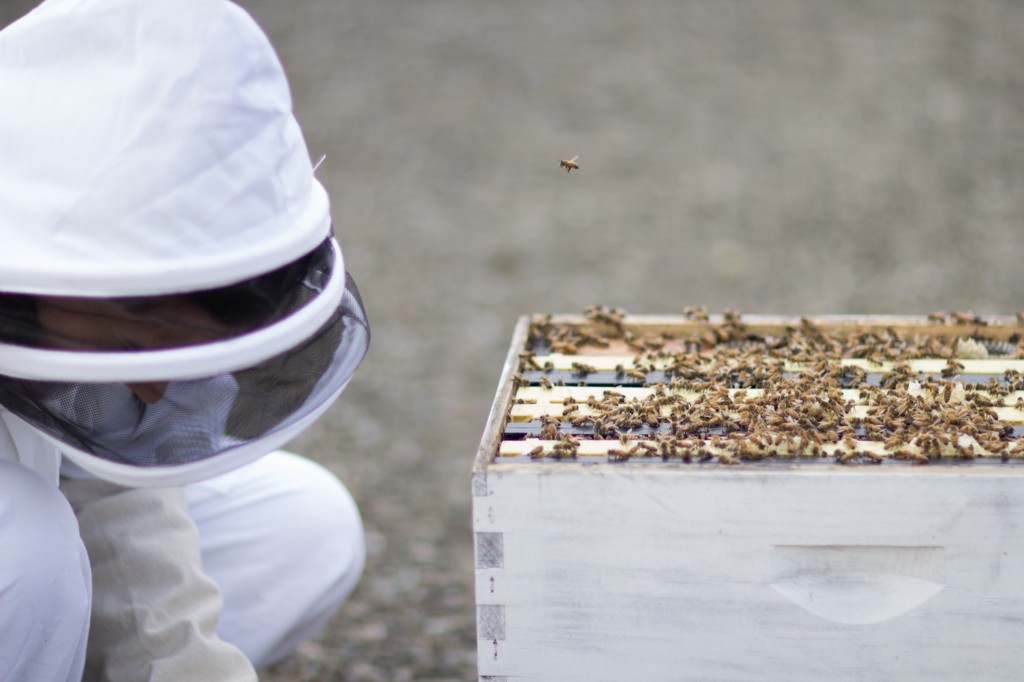
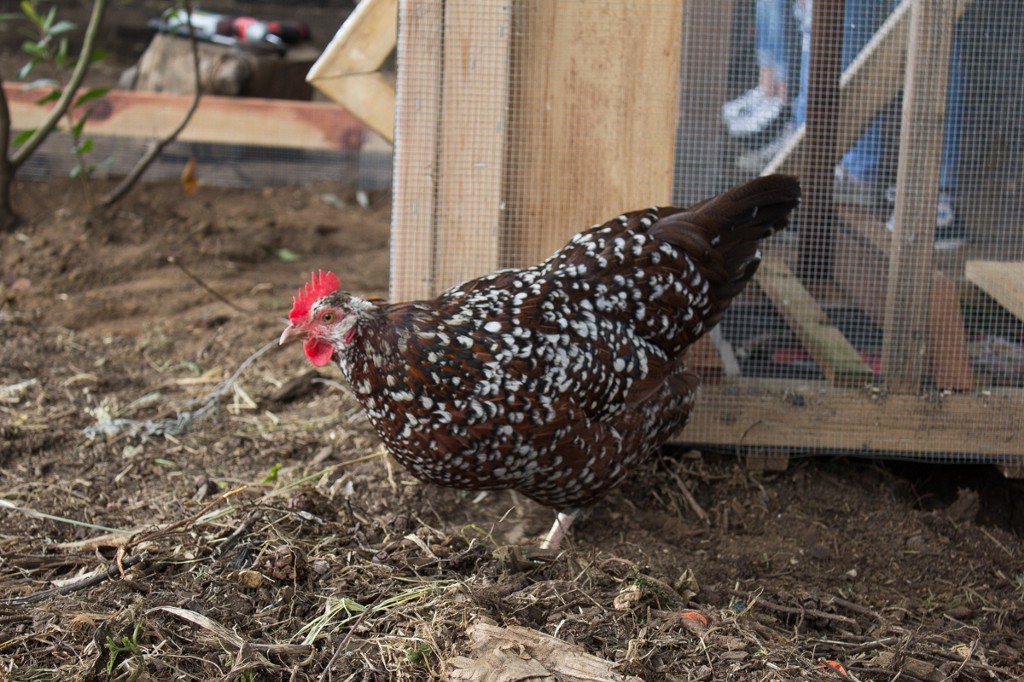
The garden is buzzing with activity, as the science department works to bring more bees in, extend the chicken coop, and install a working irrigation system.
A big focus for the rest of the year is incorporating more bees into the rooftop bee farm. While the bees live on the roof and are not directly associated with the garden, they are good for the garden, according to AP Environmental Science teacher Katherine Melvin, who runs the garden with biology and physiology teacher Shawn Laureyns.
A small group of students have also been trained to be amateur beekeepers. On a typical day up on the roof, the students put on their bee suits. After collecting data of the number of bees that arrive after five minutes, they open the box that contains the bees and refill the sugar water, which helps young bees get nutrients. Finally, they brush the bees off the box before closing.
Another primary goal for the garden is extending the chicken enclosure so that the chickens will have more space. One chicken has lost many of the feathers on the top of her head after being pecked by the other chickens and has been isolated in a separate smaller coop until further notice. Melvin believes this could be the result of a lack of space or the natural “pecking order” that occurs between hens. The School Site Council granted the science department around $2000 for the extension. The students and teachers will spend the rest of the year working to build it.
Melvin is also working to fix the current irrigation system, since a new one could cost up to $10,000. “It’s just always been temperamental,” she said. “We went a couple months last fall where we didn’t have any water coming to us. My big battle for the rest of the year is making sure that the irrigation actually works.”
Melvin will continue selling produce to teachers through community supported agriculture markets (CSAs). Every other Friday, the students and staff who work in the garden host a CSA, where they sell fruits and vegetables directly from the garden to teachers. Teachers can order in the beginning of the year, in a type of subscription system, or before each CSA. New this year are two products: eggs from the school chickens and honey from the school bees. Since supply is low, Melvin does not plan to sell to students within the near future.
“Our system isn’t perfect, but that’s where we’re at right now.”
Since it can be difficult managing around 35 students — not to mention eight loose chickens on Mondays — Melvin and the other science teachers have developed a system to make the most out of their time in the garden. On Mondays, Melvin focuses on taxonomy during the first half of class, where students learn about a couple of plants and animals with laboratory-type work in an outdoor setting, according to Melvin. The other half is spent doing garden work. Other teachers, such as Robinson, split their classes into one group that writes in their notebooks, one that does a quiz, and another that focuses on physical labor in the garden. “Our system isn’t perfect, but that’s where we’re at right now,” Melvin said.
Melvin believes that students have gained a greater appreciation for how much effort it takes to grow food and raise animals. “We’ve had a lot of interesting moments, like when we harvested potatoes,” she said. “I don’t think a lot of them knew how potatoes grew.”
Senior Grace Swan-Streepy, who is taking APES with Melvin, feels more connected to the foods she eats after having worked in the garden. “To me, food tastes better when you yourself put effort into growing it,” Swan-Streepy said. “I am more cautious about the kinds of foods I buy, such as beef or canola oil, ever since we learned about the horrible farming techniques used by giant farms.”
While the funds from the School Site Council is primarily being used for the chicken coop, Melvin would also like to secure the garden more, with a fence between the garden and the football field. After big games or after the weekend, people walk through the garden and break the plants, according to Melvin. The garden lost one of its olive tree seedlings because someone had jumped onto it. “It’s really unfortunate that people look at the Lowell garden as a place to hangout and play,” she said.


